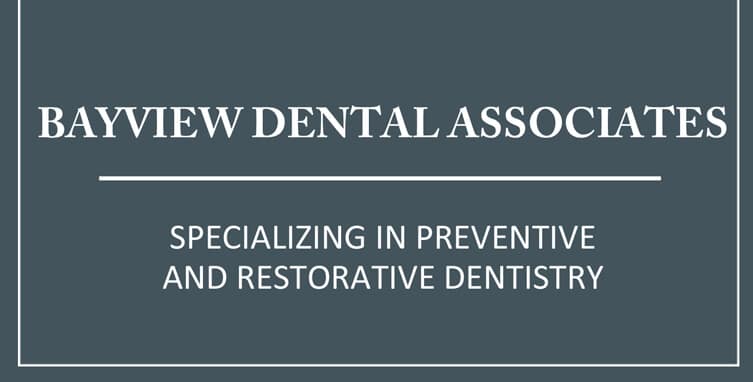Preventive Dentistry
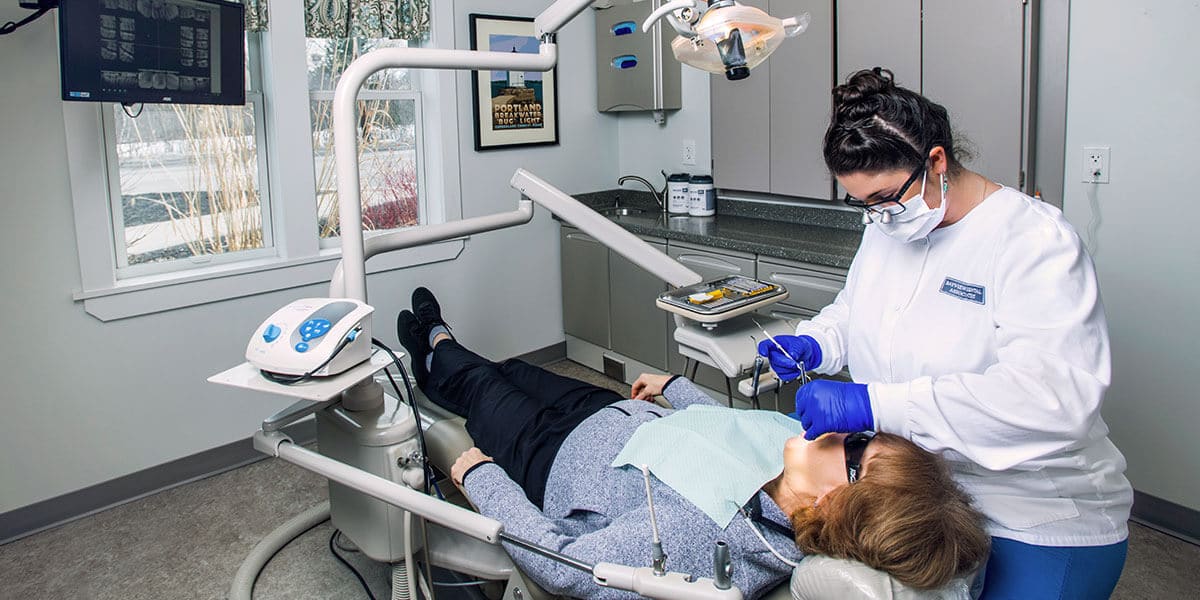
Comprehensive Evaluation / Oral Examination
An oral examination is a visual inspection of the mouth, head, and neck, performed to detect abnormalities. Radiographs allow for a more complete examination, helping the doctor to detect cavities, problems in existing dental restorations, gum and bone recession or other abnormal conditions within the mouth, head and neck area.
Cleaning
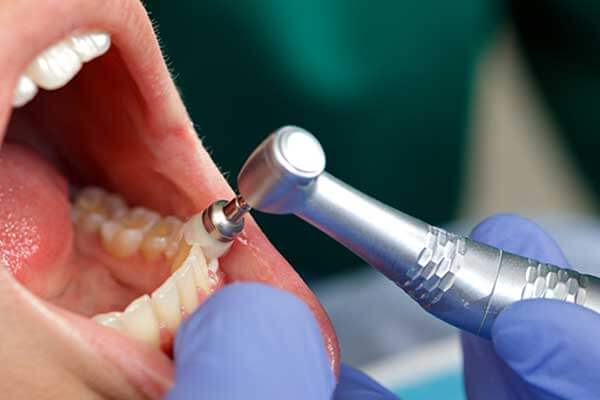
A dental cleaning, also known as an oral prophylaxis, is the removal of dental plaque and tartar (calculus) from the teeth. Specialized instruments are used to gently remove these deposits without harming the teeth. First, an ultrasonic device that emits vibrations and is cooled by water is used to loosen larger pieces of tartar. Next, hand tools are used to manually remove smaller deposits and smooth the tooth surfaces. Once all the tooth surfaces have been cleaned of tartar and plaque, the teeth are polished.
Oral Cancer Screening
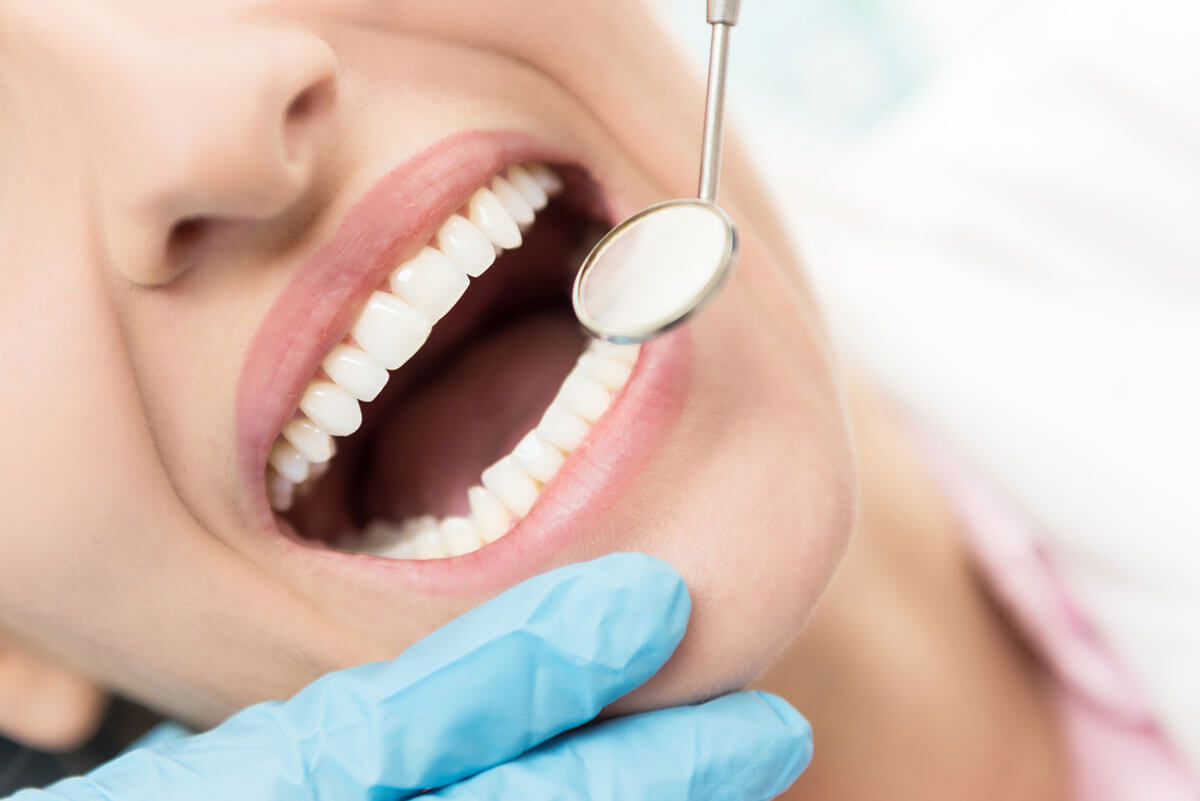
Oral cancer affects thousands of Americans yearly. With early detection, cancer may be caught before it has time to spread, potentially saving lives.
The doctor or hygienist will perform an oral cancer exam at your appointment. This involves feeling around the cheeks, gums, and tongue, under the jaw, and the sides of the neck for signs of oral cancer.
Scaling and Root Planing
Scaling and root planing is a non-surgical procedure used to treat gum disease. During the scaling process, specialized dental instruments are used to remove dental plaque and calculus from beneath the gums. Planing is the procedure used to smooth the tooth roots after the scaling process. Root planing helps the gums heal and reattach themselves to a cleaner and smoother root surface.
Extractions
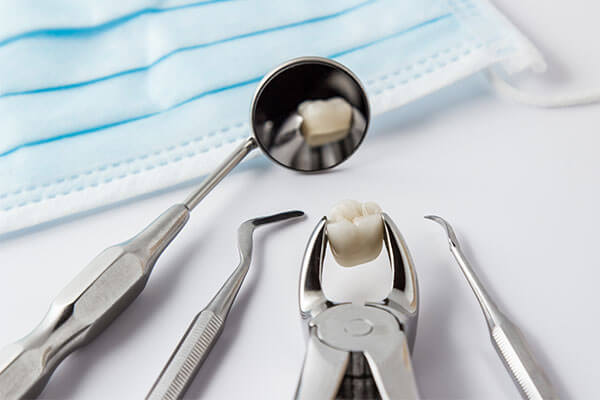
A tooth that can not be saved with restorative procedures may need to be removed. Before removal of the tooth, the area will be numbed with anesthesia. The tooth is loosened from the jawbone and surrounding ligaments and tissues with a gentle rocking motion. Once it is loose, it is gently removed. Stitches may be necessary after the removal of a tooth.
Fluoride and Dental Sealants
Fluoride is a natural substance that helps strengthen teeth and prevent decay. Fluoride treatments are administered at this office as an important component of pediatric dental treatment. The fluoride is applied to the teeth in a gel, foam, or varnish form. We also make fluoride trays for at-home treatment.
Dental sealants are made of a safe resin material which is applied to the surfaces of teeth (commonly permanent molars) to prevent cavities. The sealant material fills in the crevices of a tooth and “seals” off the tooth from cavity-causing agents like food and plaque. The teeth are prepared for the sealant application and the sealant is painted directly onto the chewing surface of each tooth and then hardens. Sealants are applied in one visit.
Night Guards
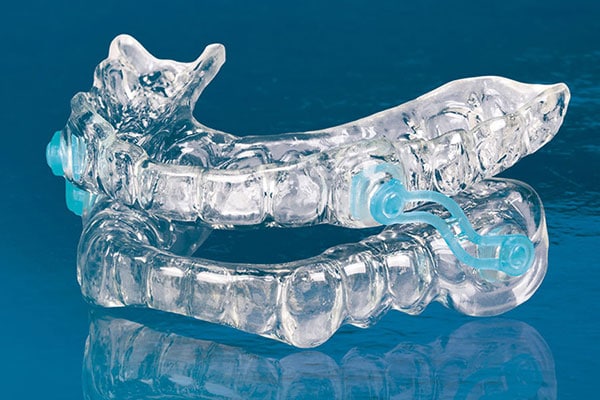
We provide custom-fitted Silent Nite® night guards to alleviate stress on the temporal mandibular joint (TMJ) which may be resulting in soreness or pain.
Throughout all the stresses that we put our joints through, patients may not realize that the soreness or pain they are experiencing in their jaw or ears may be due to stresses on their Temporal Mandibular Joint. We custom fabricate appliances to help alleviate those stresses and prevent further damage and pain.
Bruxism is a condition that causes clenching and/or grinding of teeth. This causes additional, unnecessarily stress on tooth surfaces and can lead to TMJ pain. Often, people with bruxism are unaware that they are clenching or grinding their teeth, especially if it happens during sleep. A night guard is a removable acrylic appliance that can help provide relief from temporomandibular joint pain and other effects of grinding the teeth. The night guard is usually worn at night to prevent grinding of the teeth during sleep.
Custom Mouth Guards
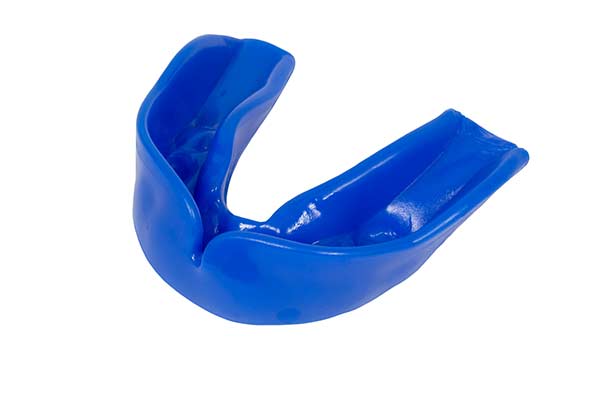
Many sports require athletes to use a mouth guard to protect their teeth while practicing and playing. Frequently used in contact sports, the mouth guard covers the gums and teeth to provide protection for lips, gums, teeth, and arches. A properly fitted mouth guard can reduce the severity of dental injuries.
